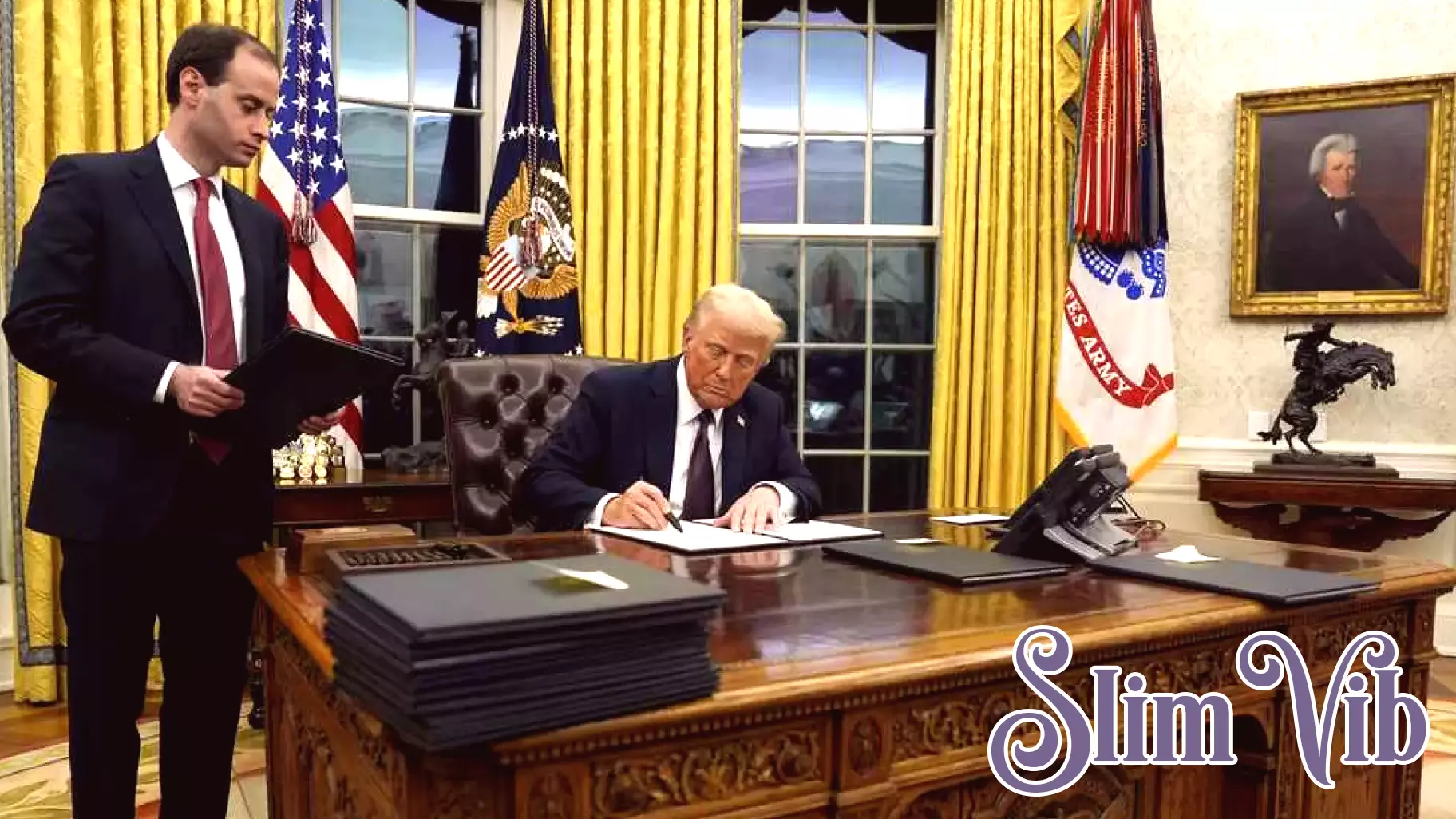January 21, 2025 - 17:55

President Donald Trump has taken decisive action on his first day back in the White House by initiating the process to withdraw the United States from the World Health Organization (WHO) for the second time in less than five years. This move has sparked a wave of reactions from public health officials, political analysts, and global leaders, who are concerned about the implications for international health collaboration.
The initial withdrawal, which took place in 2020, was met with significant backlash, as many argued that it undermined global efforts to combat pandemics and other health crises. Critics of the WHO have often pointed to perceived mismanagement and a lack of transparency, particularly during the COVID-19 pandemic. However, proponents of remaining in the organization stress the importance of a coordinated global response to health emergencies.
As the U.S. navigates this potential exit, questions arise about the future of international health initiatives and the role of American influence in shaping global health policies. The decision could have far-reaching consequences, not only for the U.S. but also for its allies and the broader international community.



